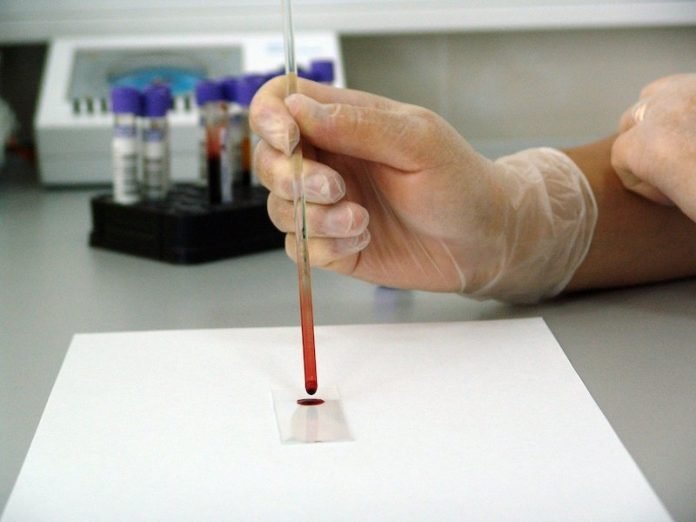
Immunotherapy is a promising strategy to treat cancer by stimulating the body’s own immune system to destroy tumor cells, but it only works for a handful of cancers.
In a new study from MIT, researchers found a new way to jump-start the immune system to attack tumors, which they hope could allow immunotherapy to be used against more types of cancer.
Their novel approach involves removing tumor cells from the body, treating them with chemotherapy drugs, and then placing them back in the tumor.
When delivered along with drugs that activate T cells, these injured cancer cells appear to act as a distress signal that spurs the T cells into action.
In mouse studies, the researchers found that this treatment could completely eliminate tumors in nearly half of the mice.
One class of drugs currently used for cancer immunotherapy is checkpoint blockade inhibitors, which take the brakes off of T cells that have become “exhausted” and unable to attack tumors.
These drugs have shown success in treating a few types of cancer but do not work against many others.
In the study, the team tried to improve the performance of these drugs by combining them with cytotoxic chemotherapy drugs.
This approach is based on a phenomenon known as immunogenic cell death, in which dead or dying tumor cells send signals that attract the immune system’s attention.
The MIT team began by treating cancer cells with several different chemotherapy drugs, at different doses.
To their surprise, they found that most of the chemotherapy drugs didn’t help very much. And those that did help appeared to work best at low doses that didn’t kill many cells.
The researchers later realized why this was so: It wasn’t dead tumor cells that were stimulating the immune system; instead, the critical factor was cells that were injured by chemotherapy but still alive.
The drugs that appear to work best with this approach are drugs that cause DNA damage. The researchers found that when DNA damage occurs in tumor cells, it activates cellular pathways that respond to stress.
These pathways send out distress signals that provoke T cells to leap into action and destroy not only those injured cells but any tumor cells nearby.
In studies of mice with melanoma and breast tumors, the researchers showed that this treatment eliminated tumors completely in 40% of the mice.
Furthermore, when the researchers injected cancer cells into these same mice several months later, their T cells recognized them and destroyed them before they could form new tumors.
The team hopes to test this approach in patients whose tumors have not responded to immunotherapy, but more study is needed first to determine which drugs, and at which doses, would be most beneficial for different types of tumors.
If you care about cancer, please read studies about this stuff in mouth may increase your risk of oral cancer and findings of this common beverage linked to lower prostate cancer risk.
For more information about cancer and your health, please see recent studies about this drug for depression may help stop cancer growth and results showing that aspirin may boost survival in these two cancers.
The study is published in Science Signaling. One author of the study is Michael Yaffe.
Copyright © 2021 Knowridge Science Report. All rights reserved.



